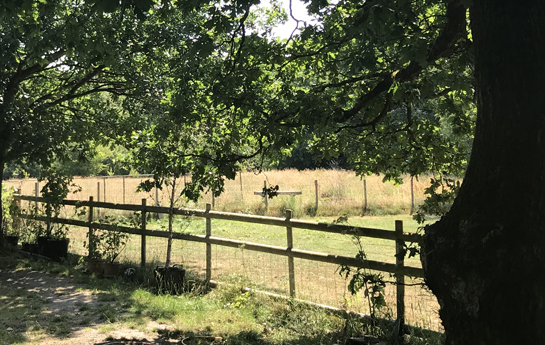Some people welcome a diagnosis which helps them identify what their feelings are about and offers them a sense of taking control and doing something about the way they may be feeling.
For other people labels can be extremely unhelpful and in fact what some may describe as depression, others may see as natural feelings of sadness arising from difficult life events.
There is no right or wrong. There is simply your way of being and in counselling I will work with your way of being.
However, for the sake of ease here, I am using the term “depression” as a medically recognised term which we each have our own understanding of.
It is thought that as many as 3 million people in the UK are receiving treatment for depression. The reality is that many more are, from time to time, likely to be struggling with depression without receiving treatment. It is one of the most common types of mental illness and it can affect anyone.
Everyone feels depression differently. Some people will describe having low mood, for others their mood may not seem to have changed and they may assume that this is just how they are. For some depression may be triggered by an event, whilst for others, low mood could creep up on them without an obvious cause. Some people may feel physical symptoms of being tired and unwell before they notice their mood has changed.
Depression not only affects our mood but can also impact upon our thoughts. You may find that negative thoughts flood your head, affecting your ability to sleep and ability to concentrate on the task at hand.
Not all of us will feel the same way. The severity, frequency and duration of symptoms can vary from person to person. For some people depression can feel overwhelming. For others it may be a constant numbing of their ability to enjoy their lives in the way they want to.
Depression can also impact upon physical health as well as potentially leading to other mental health problems such as anxiety.
Young People
In the UK it is understood that depression affects around 80,000 children and young people (1 in 20) (Department of Health 2011; Green et al 2005). For some young people there will be help during their childhoods to improve their mental wellbeing but sadly it is estimated that approximately 80% of young people with depression will carry that depression into adulthood (Department of Health 2011).
Depression can impact on every aspect of our lives, including our relationships, work (employment or school) and social live.
Depression is sometimes described as The Black Dog. The following link shows a World Health Organisation video of how depression might feel and some steps that you could perhaps begin to take.
Possible Effects of Depression :
- reduced self-esteem;
- feelings of guilt and worthlessness
- negative self-thoughts
- loss of energy
- change in eating habits
- feelings of hopelessness about the future
- disturbed sleep
- ideas or acts of self-harm or suicidal feelings
Is Talking Therapy the Right Thing For Me?
Talking therapies may not be the answer for everyone. There are lots of ways to help ourselves or our children to cope with depression. For example research suggests that exercise can be as effective as anti-depressants, but it can be almost impossible to make ourselves exercise when we feel low or depressed.
All too often we may find ourselves dismissed by those around us if we are feeling low. Comments such as “its all in your head”, “snap out of it” or “cheer up!” unfortunately do not help. It is especially important that the feelings of children and young people are not dismissed by the adults around them which can lead to feelings of shame and increase the risk of the young person developing anxiety.
Having someone to talk to who offers understanding, empathy and who does not judge, can enable you to begin to explore how things are for you, how we would like them to be and how we may reach that goal. This may include a combination of talking, mindfulness, CBT, exercise, being in nature, working with animals.
Working together in counselling we can explore different options which feel most comfortable to you.

